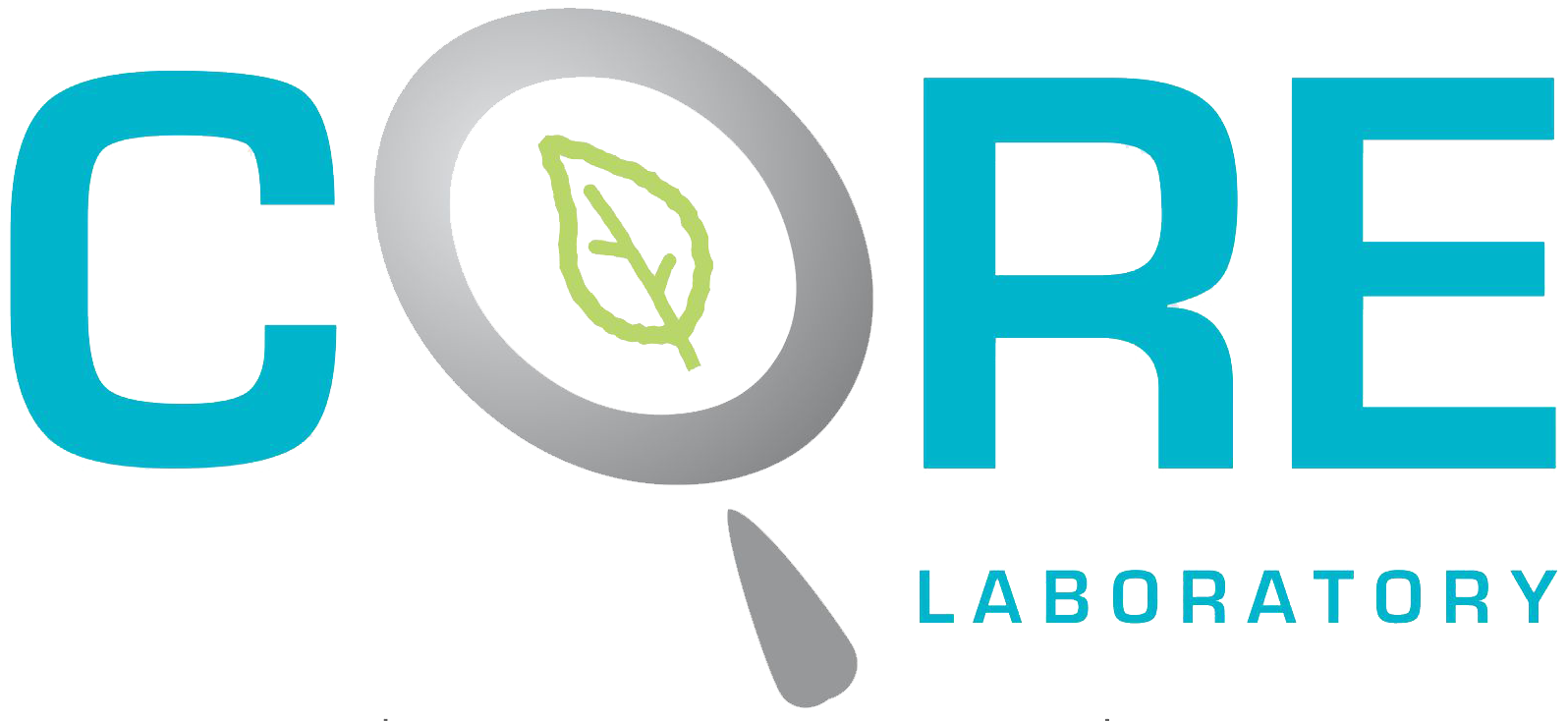Organic Chemistry

Organic chemistry is a chemistry subdiscipline involving the scientific study of the structure, properties, and reactions of organic compounds and organic materials, i.e., matter in its various forms that contain carbon atoms. Study of structure includes many physical and chemical methods to determine the chemical composition and the chemical constitution of organic compounds and materials. Study of properties includes both physical properties and chemical properties, and uses similar methods as well as methods to evaluate chemical reactivity, with the aim to understand the behavior of the organic matter in its pure form (when possible), but also in solutions, mixtures, and fabricated forms. The study of organic reactions includes probing their scope through use in preparation of target compounds (e.g., natural products, drugs, polymers, etc.) by chemical synthesis, as well as the focused study of the reactivities of individual organic molecules, both in the laboratory and via theoretical (in silico) study.
The range of chemicals studied in organic chemistry include hydrocarbons (compounds containing only carbon and hydrogen), as well as myriad compositions based always on carbon, but also containing other elements, especially oxygen, nitrogen, sulfur, phosphorus (these included in many organic chemicals in biology) and the radiostable elements of the halogens.
Since organic compounds often exist as mixtures, a variety of techniques have also been developed to assess purity, especially important being chromatography techniques such as HPLC and gas chromatography. Traditional methods of separation include distillation, crystallization, and solvent extraction.
Chromatography is a laboratory technique for the separation of a mixture. The mixture is dissolved in a fluid called the mobile phase, which carries it through a structure holding another material called the stationary phase. The various constituents of the mixture travel at different speeds, causing them to separate. The separation is based on differential partitioning between the mobile and stationary phases. Subtle differences in a compound’s partition coefficient result in differential retention on the stationary phase and thus changing the separation.
CORE Laboratory’s Organics Department performs routine analyses for our clients including Volatiles (including BTEX), Semi volatiles, Phenols, Alcohols and Total Petroleum Hydrocarbons (TPH). We also can perform “Library Search” analysis for VOCs & SVOCs by GC/MS. Our capabilities are increasing all the time as we strive to include all parameters that arise from the necessities and specific needs of our clients. Our staff includes highly trained analysts and chemists to accommodate the demands of complex organic sample analyses and achieve the turnaround times needed in today’s world.
Our instrumentation includes Gas Chromatography – FID, GC with Headspace and GC with Mass Spectrophotometer and sample preparation and analysis.
Our testing includes
- Total Petroleum Hydrocarbon (Including Gasoline, Diesel and Motor Oil Range)
- BTEX (Benzene, Toluene, Ethylbenzene and Xylene)
- Phenols (Including forms of Phenols)
- Pesticides (Organo Chlorine, Organo Phosphorus, others)
- Chlorinated Hydrocarbons
- Poly Aromatic Hydrocarbon (PAH)
- Poly Chlorinated biphenyl (PCB)
- Methyl Tertiary Butyl Ether (MTBE)
- Tributyl Tin (TBT)
